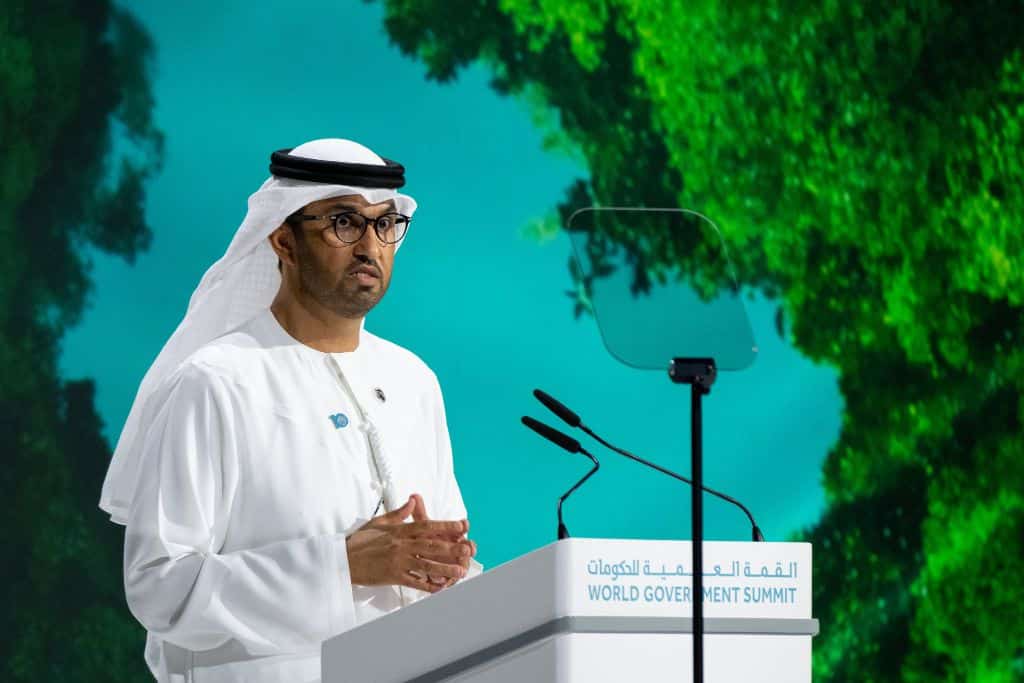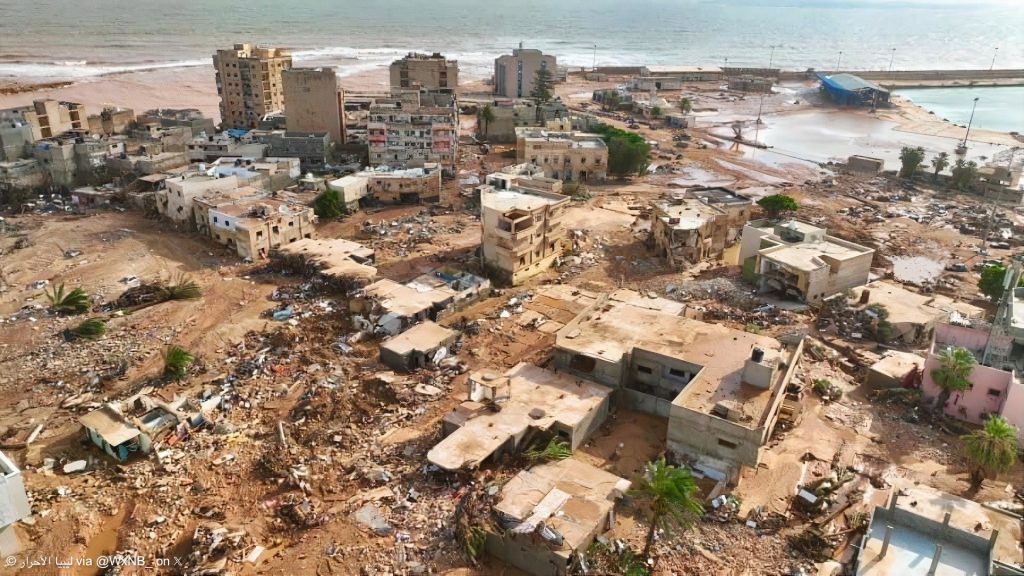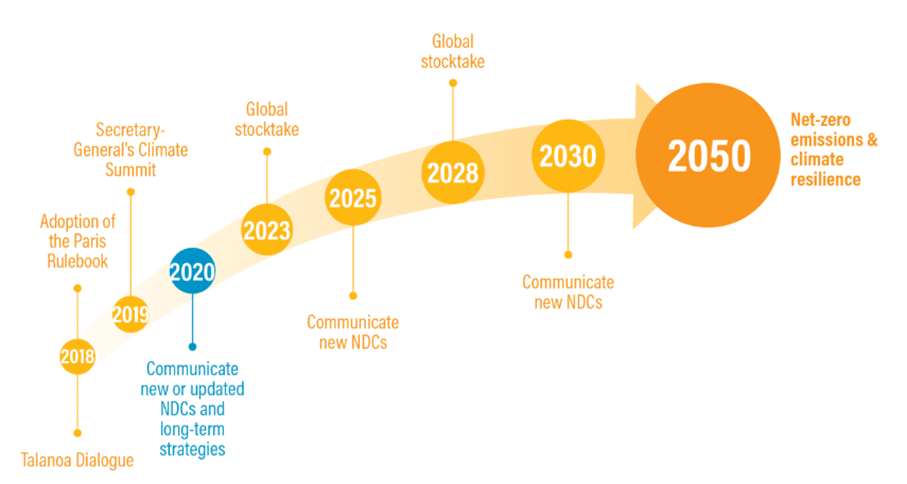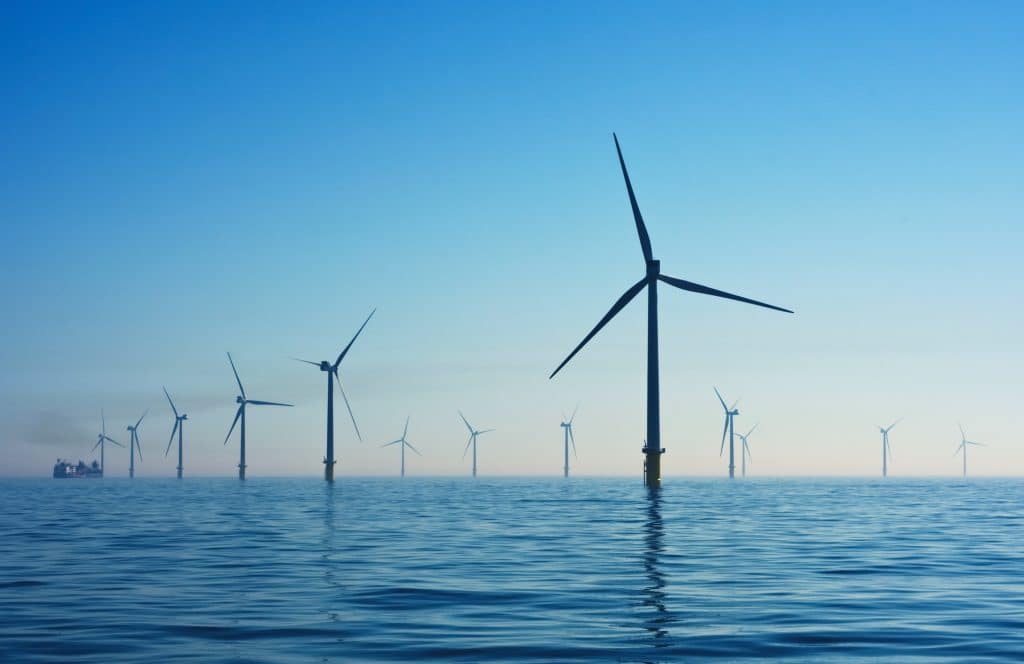The inaugural World Stocktake narratives will take center stage at the two-week COP28 summit in Dubai that begins this week, overshadowing different environmental agendas. In order to close important gaps and improve policies for a lasting future,themed sessions will focus on finance, trade, energy, industry, urbanization, and transportation.
—
The importance of global environmental issues has not diminished in the face of continued political unrest that has been affecting the planet over the past year. particularly in light of the simultaneous climate-related catastrophes that will occur in 2023, quite as popular wildfires and flooding problems worldwide. The Paris Agreement , a legally binding international treaty on climate change adopted at COP21 in 2015, and the target year of 2030 are represented by this year’s Conference of the Parties ( COP), which is held annually under the United Nations Climate Change Conferences.  ,
It is probably best to wait to make a decision until we have seen the real outcomes and negotiations take place, even though some may view COP28 as the next significant step in global climate change policy.  ,
Irrespective of whether it will be a turning point, the increasing focus on the main issues of COP28 is developing optimism. The major controversies, which have gotten hotter between the Parties, have likewise drawn more attention to the current climate challenges. Disagreements mainly center on the fossil fuel industries ‘ actions in relation to fast energy transition issues, greenhouse gas ( GHG ) emissions, and funding issues.
What Can We Expect From COP28, And What Must Happen? might even be of interest to you.  ,
Campaigners want to phase out fossil fuels, but talks at COP27 to reduce the coal phase to include oil and gas were unsuccessful in achieving a consensus. A fossil fuel phase-down is seen as “inescapable” by COP28 president Sultan Ahmed Al Jaber, who also serves as the president and CEO of the Abu Dhabi National Oil Company ( ADNOC ) and the Minister of Industry and Advanced Technology for the United Arab Emirates (  , this year’s host nation ).
In essence, the main goal of COP28 is to reach a thorough decision regarding whether the richest countries will honor their earlier pledges to address the problems caused by climate change on the planet. The conference also aims to reaffirm objectives by assisting the clean energy sector and aiding developing nations, which bear the brunt of biological effects and are exposed to monetary involvement in international initiatives. It is noticeable that despite dealing with the most serious repercussions, these countries contribute the least to emissions. In order to solve the international climate challenge, there is a critical need for equitable participation and responsibility-sharing.


The World Stocktake: What Is It?
The future conference has a unique characteristic.  ,
As stated in the Paris Agreement, COP28 is placing a special emphasis on prioritizing the first Global Stocktake ( GST ) on climate change, which is expected to occur every five years.  ,
The window for significant change is closing, and COP28 offers an opportunity to leverage decisions and speed up ambition in following climate action plans expected in 2025. GST is previously mentioned as an important evaluation action for countries and stakeholders to assess social progress towards key goals.  ,
World Stocktake emphasizes the need for more action despite developments in the renewable energy sector and cutting-edge technologies because the world is still short of achieving the long-term objectives of the Paris Agreement. The IPCC special report released in October 2018 serves as the authentic technological foundation guiding government policy decision-making as nations work to improve their national climate commitments under the Paris Agreement, with the threshold temperature for global warming set at roughly 1.5C above pre-industrial levels and also below2C.  ,
Key findings, however, come to the conclusion that emissions are rising very quickly to reach the 1.5C target by 2030. Within the time frame spanning from 2050 to 2100, the agreement also aims to limit GHG emissions to a net-zero state ( nbsp), where emissions from human activities are naturally absorbed.
The directive to unlock and redeploy trillions of dollars toward climate action and climate-resilient development is emphasized by the GST, which also highlights the growing disconnect between developing countries ‘ needs and the support that has been allocated and mobilized for them.


evaluating the social progress and nbsp,
Parties have similar objectives for the international stock market. A strategic move that connects the global assessment to specific national actions is the integration of GST insights into Nationally Determined Contributions ( NDCs ). The dual nature of the declaration, which conveys both social and technological evaluation, emphasizes how complicated the current problems are. The outcomes of COP28 and the initial GST do have the ability to influence future reviews - , a precedent that could influence the course of international climate efforts.  ,
With a focus on three main goals—a quick transition away from fossil fuels, doubling the capacity of alternative energy, and overhauling food systems—the GST is driving revolutionary climate efforts. Stopping deforestation, reducing food loss, and embracing fossil fuel-free transportation are among the important commitments. These actions represent an important step toward a future that is more resilient and green.
A crucial step is to refocus international economic flows toward net-zero emissions and climate-resilient development. The recognition of the fiscal component in combating climate change is highlighted by the expectation that COP29 will establish a new climate finance goal the following year. To address debt distress brought on by the effects of climate change, reforms in global economic architecture, particularly in multilateral development banks, are viewed as essential. It takes a holistic approach - , acknowledging that in order to effectively combat climate change, financial structures must be in line with economic objectives.


COP28: Analyzing the Progress on the Loss and Damage Fund and Climate Justice may even be of interest to you.
Three stages, three key highlights, and three actors make up the international stocktake.
The following three phases make up the world stocktake:
- In order to create synthesis reports on emissions, adaptation, NDCs, and finance flows, the Information Collection and Preparation phase, which began at COP26 in November 2021 and ends in June 2023, compiles reports from diverse entities.  ,
- The Technical Assessment, which runs from the middle of 2022 to mid-of-2023, uses the data gathered to create summary reports and publish the overall clinical synthesis report.  ,
- This prepares the way for the Democratic Phase, which will take place at COP28 and use the gathered data to direct political debates and choices regarding international climate action. The social phase and the official disclosure of GST outputs are marked by COP28, which is scheduled from November 30 to December 12, 2023.  ,
In response to the GST, nations will submit updated Nationally Determined Contributions after COP28, from December 2023 toDecember 2025.
Governments monitor and evaluate their progress in climate action using the existing checkpoint strategy for GST assessment, which focuses on three key areas: mitigation, adaptation, and finance.  ,
The assessment emphasizes the need to scale up renewable energy sources, reduce fossil fuel dependence, increase energy efficiency in industries and transportation, and preserve forests while addressing non-CO2 emissions in order to bend the curve and limit global warming to 1.5C by 2050. This reduction of GHG emissions by 43 %, 60 %, or 84 % from 2019 levels by 2030, 2035, respectively, is crucial.
GST emphasizes the critical need for particular adaptation tactics. It emphasizes the significance of assisting nearby communities in developing nations to combat climate-induced inequalities and advocates for clear adaptation reports, pleading with policymakers to enhance methodology, clarity, and regular updates to show progress in climate action. It all comes down to deliberately working toward solutions and keeping everyone informed about the advancements being made, in addition to acknowledging the challenges.


GST advocates for increased support mobilization, highlighting the shortfall in achieving the$ 100 billion annual goal, and urging collaboration with the private sector are needed to close the sizable US$ 5.9 trillion climate financing gap for developing countries by 2050. In order to divert investments away from fossil fuels and align international financial institutions with the challenges of climate change, GST also suggests balancing international economic flows with climate goals. It also proposes novel measures like debt-for-climate swaps, emissions pricing, and other measures.
You might also be interested in this article: According to the OECD, wealthy countries may have reached a$ 100 billion climate finance pledge in 2022.
What Position Do the Major Players Take?
The United States, the world’s largest economy and second-largest polluter after China, is carefully committed to upholding the imperative of transparency and ensuring the precise allocation of economic resources towards emission mitigation efforts in the conference setting.  ,
At the same time, the European Union is advocating a radical change, putting forth an international initiative to triple the capacity of green energy through the widespread use of wind turbines and solar panels—a significant step toward an all-encompassing switch to green energy.
China claims that developed countries must make stronger commitments, attributing a sizeable portion of the blame for climate change to their traditional and accumulated emissions. The need for action is obvious: a significant shift away from reliance on fossil fuels is required.
This political discussion resembles a significant, high-stakes negotiation, resembling an important poker game where the planet’s well-being is at risk. The most effective climate policies should prevail for the benefit of the entire ecosystem, is the ardent hope.
Eyes on Dubai only
There is anticipation for the official presentation of important takeaways and geopolitical pathways to advance climate action as COP28 draws to a close. The” cover decision” appears to be the road map that will direct future events. It’s interesting how these negotiations bring nations with varying interests and viewpoints together to create a popular strategy. These proceedings take on a new level of significance due to their uniqueness; additionally, every choice made has an international impact. Ok, we are hoping for a cooperative and successful outcome that will move us in the direction of an environmentally friendly future.
Recognizing the complex web of climate difficulties we face is essential. Although climate change may be in the news, there are many other issues that require attention. It’s similar to trying to solve a puzzle in that you ca n’t just concentrate on one component and expect the whole thing to fit together. Making important commitments and actions is the secret to having a significant impact. We can only hope that COP28 will pave the way for some in-depth and major discussions.
COP28 UAE/Flickr is a contained image.
You might even like this article: UN Report Warns: World Leaders at COP28 Must Strengthen Climate Mitigation Action to Narrow Emissions Gap As World Faces 3C of Warming This Century

